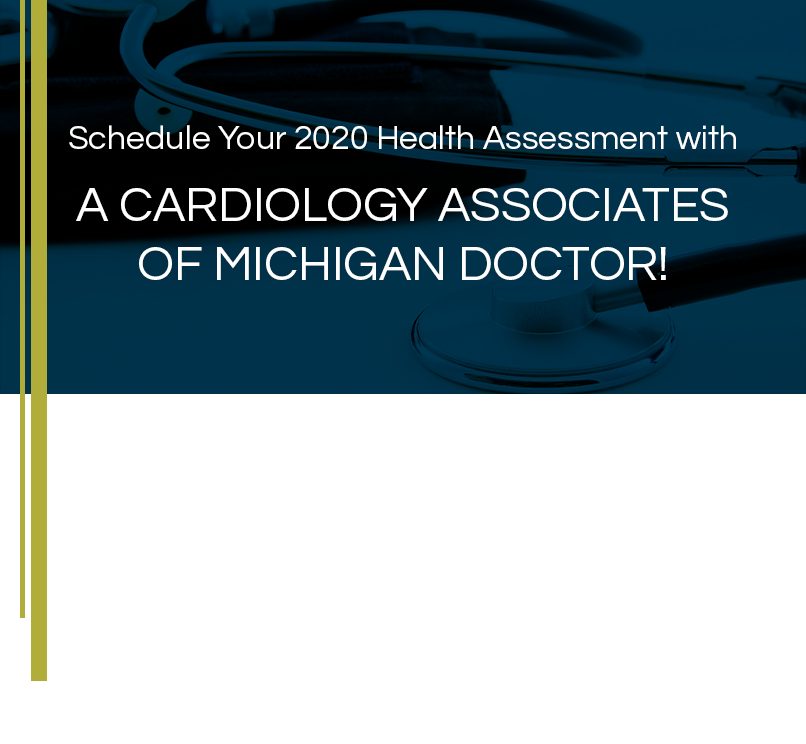Coronavirus and Heart Disease: Cardiology Patients May Be More Vulnerable
Heart patients must be especially vigilant in protecting themselves against the coronavirus. Although COVID-19 is an upper respiratory infection, individuals with heart disease or who are at risk for heart attack or stroke may be especially vulnerable to its effects.
As posted on the Centers for Disease Control & Prevention website, older adults and people who have severe underlying chronic medical conditions like heart or lung disease or diabetes seem to be at higher risk for developing more serious complications from COVID-19 illness.
According to the American Heart Association, early reports revealed that 40 percent of hospitalized COVID-19 patients had cardiovascular disease or cerebrovascular disease. The percentage of people with cardiovascular disease also increases with age, altogether leaving older Americans even more susceptible to the effects of the virus.

COVID-19 can be especially dangerous for seniors with pre-existing health conditions such as cardiovascular disease, diabetes, and hypertension.
There are a number of reasons why individuals with heart disease or hypertension must be especially cautious.
Because the virus targets the lungs, the heart must work harder to get oxygenated blood throughout the body. This can be very taxing on a heart that is already distressed and cannot pump blood as it should.
As noted on the American Heart Association site, an additional factor is that viral illnesses can destabilize fatty buildups in arteries, which could possibly result in further blockages.
Further complicating the situation is that heart patients may have weaker immune systems.
All of these factors combined means that individuals who already have heart disease, weak immune systems, hypertension, or are at risk of stroke are at greater risk. If they do become impacted by the coronavirus, their bodies may not be as capable of fighting it off.
The virus is believed to be spread mainly from person to person, specifically between people who are within 6 feet of each other and through droplets produced when an infected person coughs or sneezes. These droplets can land into the mouths or noses of other people or can possibly be inhaled into the lungs, which is why the CDC is advising people to avoid touching their faces with unwashed hands.
As of March 23, more than 1,200 Michiganders had been diagnosed with the coronavirus, and nine people have died.
With hopes of curbing the pandemic, Michigan Gov. Gretchen Whitmer announced a stay-at-home order that will last from March 24 through April 13. Only essential services will be allowed to continue during these weeks.
It’s important to continue to exercise caution even if you are at home. Precautionary measures include staying at least 6 feet away from others, as well as washing your hands with soap and warm water for at least 20 seconds, especially after blowing your nose, coughing, or sneezing.
Call or email us if you have questions about your specific condition. If you experience a medical emergency, call 911 for assistance.




